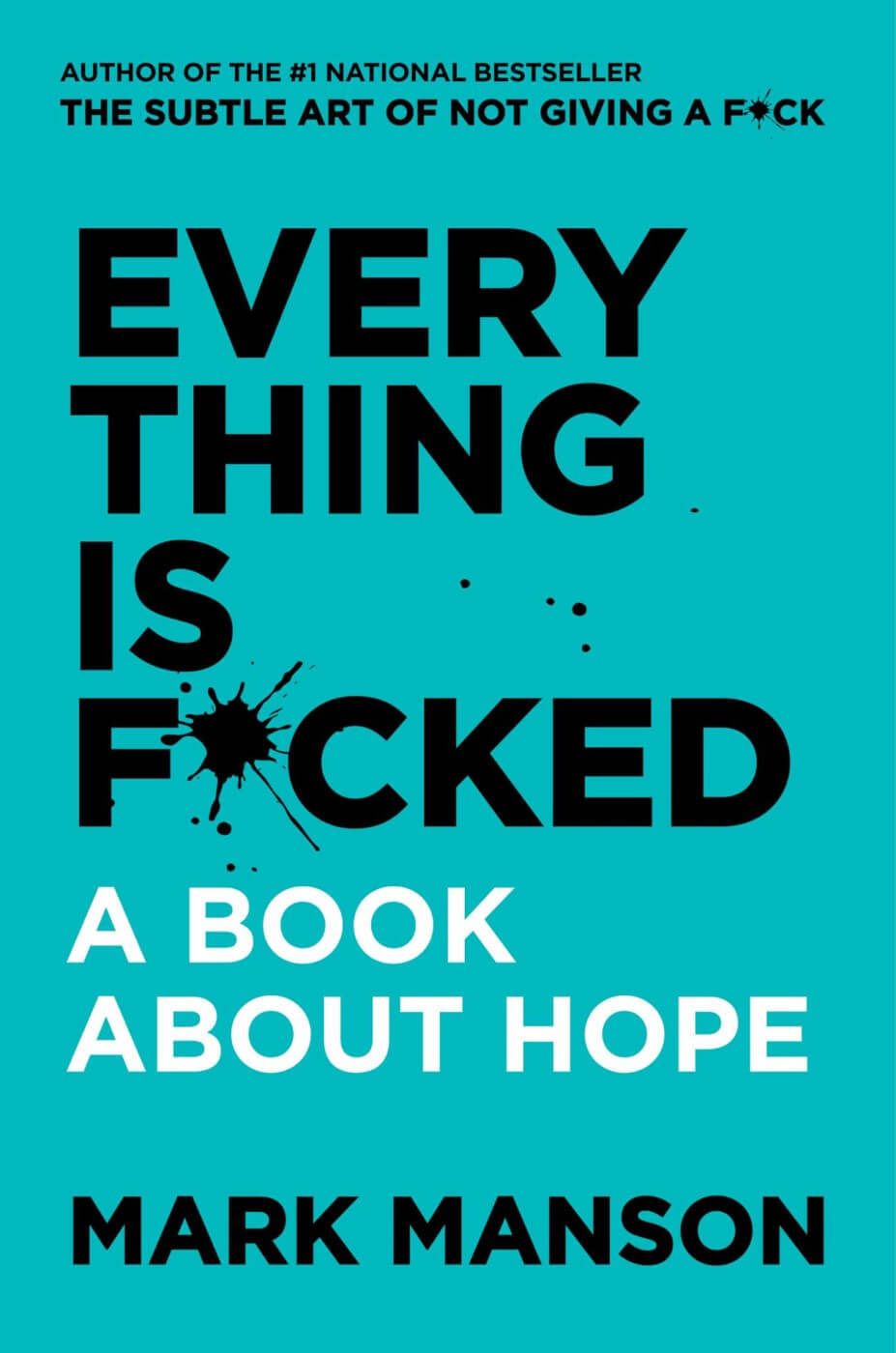Harari outlines three levels of reality:
- Objective reality - things that exist independently of what people think about them, like mountains or asteroids.
- Subjective reality - things that exist only in a person's own mind, like pain or love.
- Intersubjective reality - things that exist within communication networks between many people, like nations, laws, gods and money. These are fictions created by exchanging information.
As human power grows, intersubjective realities become ever more consequential in shaping the "real" world. For example, the intersubjective reality of a state's borders can determine the fate of millions.
Section: 1, Chapter: 2
When seeking truth, it's important to remember that:
- No account can represent all of reality, it always focuses on some aspects while neglecting others
- There are objective facts that don't depend on beliefs, and errors are possible (e.g. saying Sarah Aaronsohn died in a plane crash in 1919 is simply wrong)
- But reality also includes subjective facts like people's views and feelings, and truth means accurately depicting those views, even if you disagree
- Each individual has a unique perspective shaped by their life experiences
So while some accounts are more truthful than others, no single "Truth" can capture all of reality. Wisdom means humbly seeking to expand your view.
Section: 1, Chapter: 1
"Postimperial immobility summoned a tragic echo of the age of imperial mobility. Where once prison inmates were forced to work, now they are forced to do nothing. Where once disease was a tool of empire, now drugs have become a means of self-oppression. Where once guns allowed men to tame a frontier, now they are instruments of self-annihilation."
Section: 1, Chapter: 3
According to philosopher Edith Stein, recognizing others as having a living human body (Leib) like our own enables empathy. This empathy is essential for gaining objective knowledge about the world and ourselves. Some key points:
- Seeing others as subjects with their own "zero point" creates a new web of understanding
- Empathy allows us to see ourselves as others see us, giving us knowledge we can't gain alone
- Recognizing others' Leib is key to freedom; seeing them just as objects (Körper) leaves us unfree
"We have to see the bodies of others as subjects, because otherwise we cannot see ourselves as subjects. And if we fail to do that, we cannot be free."
Section: 1, Chapter: 1
The idea of negative freedom - merely getting government out of the way - is incoherent because it rejects the solidarity that makes freedom possible. Consider:
- Many "negative freedom" advocates want to defund public education, making it harder for the next generation to develop capabilities for freedom
- Adherents often reject any redistribution, allowing oligarchic concentrations of wealth to limit most people's economic freedom
- Defenders frequently deny the existence of systemic racism, dismissing the perspectives and experiences of minority groups
In each case, negative freedom assumes that one person or group's freedom is independent of everyone else's. But in reality, we can only be free together in solidarity. Freedom is a collective achievement of humanity that requires ongoing collective effort to sustain.
Section: 1, Chapter: 5
Conceiving of freedom as just the absence of government intervention has dangerous consequences for public health.
To become healthier and freer, Americans should:
- Embrace a positive definition of freedom that includes access to healthcare for all
- Understand how lack of universal healthcare coverage constrains freedom by making people fearful and limiting their choices
- Recognize that a right to healthcare has a basis in early American thought, as Jefferson considered health second only to ethics
- Advocate for policies expanding access to preventive care, maternal health services, vaccines and public health
Section: 1, Chapter: 1
In his famous 1978 essay "The Power of the Powerless," Czech dissident Václav Havel demonstrates how ordinary people can resist a system of oppression through small acts of truth. His example:
A greengrocer hangs a sign in his shop window proclaiming "Workers of the world, unite!" He doesn't believe the slogan, but hangs it to avoid trouble. One day, he stops hanging the sign - a tiny act of defiance. By rejecting the ritual and "living in truth," he exposes and threatens the whole oppressive system.
For Havel, the powerless greengrocer shows that we always have a choice, however small, to act freely. And in those choices lies the power to create change.
Section: 1, Chapter: 2
The technologies we increasingly rely on - especially social media algorithms - are making us more predictable and less free. To maintain freedom, we must actively resist this "predictification":
- Recognize that technologies are not neutral, but have purposes that may not align with our values
- Audit how much time we spend on devices and what data we are providing
- Actively choose when to engage and disengage to maintain sovereignty over our attention
- Cultivate "significant roughness" by seeking out art, music, literature and experiences that challenge us
- Gather physically with others to build solidarity and escape the isolation the machine relies on
Section: 1, Chapter: 2
The author visits a recently liberated village in Ukraine, where an old woman named Mariia shows him the hardships she has endured under Russian occupation. He reflects:
"The Ukrainian word de-occupation, which she and I are using in conversation, is more precise than the conventional liberation. It invites us to consider what, beyond the removal of oppression, we might need for liberty. It takes work, after all, to get one older woman into a position where she can greet guests and perform the normal interactions of a dignified person. I have trouble imagining Mariia being truly free without a proper house with a chair and without a clear path to the road for her walker.
Freedom is not just an absence of evil but a presence of good."
Section: 1, Chapter: 5
"We have to see the bodies of others as subjects, because otherwise we cannot see ourselves as subjects. And if we fail to do that, we cannot be free."
Section: 1, Chapter: 1
The final form of freedom, solidarity, means recognizing our own freedom as inextricable from the freedom of all. As the author puts it:
"To declare oneself free is to promise to act such that others can be free. We must imagine a society of free people and try to build it. Morally, logically, and politically, there is no freedom without solidarity."
Solidarity means moving beyond selfishness and tribalism to uphold freedom as a universal principle. It is the key to making individual liberty a collective reality.
Section: 1, Chapter: 4
Unpredictability, the second form of freedom, emerges when sovereign individuals make choices based on their own unique combination of values. Key points:
- Values exist in a "fifth dimension" with its own logic that can seep into our world
- As we choose values over time, we gain the capacity to combine them in new ways
- Every sovereign person constantly faces choices between values in their own unique circumstances
- When sovereign people interact, they generate societywide unpredictability
This human unpredictability keeps us free from those who would oppress us by making us predictable. "Free people are predictable to themselves but unpredictable to authorities and machines."
Section: 1, Chapter: 2
The way of the Essentialist is about living by design, not by default. It's a disciplined, systematic approach for determining where our highest point of contribution lies, then making execution of those things almost effortless. The Essentialist explores more options than the Nonessentialist to make better decisions, then eliminates the nonessentials to make execution easy. Essentialism is not about getting more things done, but getting the right things done.
To become an Essentialist requires a heightened awareness of our ability to choose:
- We have the power to choose how to spend our energy and time
- We can either allow nonessentials to overwhelm us, or deliberately choose where to focus our efforts
- If we don't prioritize our lives, someone else will
Section: 1, Chapter: 1
Wasting energy and attention on things outside your control is unproductive and disempowering. Instead, focus exclusively on the things within your sphere of influence:
- Your emotions
- Your judgements
- Your creativity
- Your attitude
- Your perspective
- Your desires
- Your decisions
By directing your effort to what you can actually impact, you increase your power and ability to navigate difficulties. Everything else is just a distraction.
Section: 1, Chapter: 6
A core teaching of early Buddhism is that the root of suffering is tanha, usually translated as "craving" or "thirst." This is the mind's basic restlessness and discontent, its compulsive grasping after pleasant experiences. The Buddha's formula of dependent origination (paticca-samuppada) traces how tanha arises:
- Our six senses (including mind) contact objects and experiences
- This contact gives rise to feeling tone - pleasant, unpleasant or neutral
- Based on feeling tone, tanha manifests as craving and aversion
- Craving and aversion condition clinging, grasping and becoming
- Grasping and becoming lead to suffering and dissatisfaction
The way to freedom, then, is to see clearly how tanha operates and learn to let go of it. When pleasant or unpleasant feelings arise, we can observe them without getting caught in reactivity. Over time, this weakens tanha's hold on the mind, leading towards nirvana - the "unbound," unconditioned state.
Section: 1, Chapter: 14
We tend to think of "self-control" as the rational self or intellect overpowering unruly emotions and impulses. But the situation is more complex:
- There may be no single "rational self," just mental modules that are more future-oriented competing with those driven by short-term rewards.
- Reason alone is rarely sufficient to control behavior directly - to influence action, reason must impact feeling. As David Hume argued, reason is "the slave of the passions."
- The real contest is between different feeling states - e.g. the allure of eating a cookie now vs. the pride in sticking to a diet or anxiety about weight gain.
The module most able to capture our conscious narrative in the moment, often by appealing to emotion, wins out. So the key to self-control is less about reason defeating feeling, and more about training and empowering modules that favor long-term well-being over short-term gratification.
Section: 1, Chapter: 9
The Buddha's key teachings on not-self (anatta) are found in the Anatta-lakkhana Sutta. In it, he examines the five aggregates that constitute a person:
- Form (the body)
- Feeling
- Perception
- Mental formations
- Consciousness
For each aggregate, he argues that if it were truly part of the self, one should be able to control it. But since we can't control these aggregates (e.g. the body ages and gets sick despite our wishes), they must be not-self. He instructs monks to contemplate each aggregate and realize "This is not mine, I am not this, this is not my self."
Section: 1, Chapter: 5
Haidt contrasts ancient philosophies of happiness with modern ones. He argues that thinkers like Aristotle, the Stoics, Buddha, and Confucius rightly saw virtue and character development, not just subjective pleasure, as the keys to a fulfilling life.
The ancients recommended practicing virtues like courage, moderation, justice and wisdom until they became ingrained habits. In contrast, modern philosophies tend to emphasize either raw subjective experience (hedonism) or abstract rules (deontology, utilitarianism). As a result, modern life is often unmoored from considerations of virtue and character, and people struggle to find moral clarity and meaning.
Section: 1, Chapter: 8
Haidt argues that the human mind is predisposed to perceive sacredness and divinity, regardless of religious belief. He discusses how notions of sanctity, purity, elevation and degradation shape moral thinking across cultures.
Things seen as holy or sacred are treated as inviolable and protected from the corrupting influence of the profane or carnal. This "ethics of divinity" was central to most ancient cultures but has waned in the secular modern West. Yet even modern people experience quasi-religious elevation in response to extraordinary virtue and beauty. Haidt argues that the emotion of moral disgust evolved to help enforce the sacred/profane boundary.
Section: 1, Chapter: 9
Haidt discusses how the positive psychology movement, pioneered by Martin Seligman, is reviving some ancient wisdom about happiness and virtue.
Positive psychology focuses on identifying and cultivating individual and societal strengths and virtues, not just treating disorder and dysfunction.
Seligman and Peterson developed a framework of 6 core virtues and 24 specific character strengths, drawing on both ancient philosophies and modern psychological research. The framework provides a way for people to identify their signature strengths and organize their lives around them. Exercising one's strengths is inherently rewarding and contributes to a sense of meaning and engagement.
Section: 1, Chapter: 8
"Anticipatory obedience is a political tragedy. Perhaps rulers did not initially know that citizens were willing to compromise this value or that principle. Perhaps a new regime did not at first have the direct means of influencing citizens one way or another. After the German elections of 1932, which permitted Adolf Hitler to form a government, or the Czechoslovak elections of 1946, where communists were victorious, the next crucial step was anticipatory obedience. Because enough people in both cases voluntarily extended their services to the new leaders, Nazis and communists alike realized that they could move quickly toward a full regime change. The first heedless acts of conformity could not then be reversed."
Section: 1, Chapter: 1
In the final chapter, Manson makes the case that contemplating mortality, as morbid as it seems, is crucial for living well. Death is the only certainty, the one experience every human will share, and our awareness of it can be a powerful driving force when harnessed correctly.
Manson relates his own brush with death in a poignant story about getting dangerously close to the edge of a cliff in South Africa. In that heart-stopping moment, all his petty concerns and daily anxieties fell away, replaced by a sudden vivid appreciation for his finite time on earth. He realized that death isn't just an abstract fact, but a visceral reality that puts everything in perspective. The looming presence of death has the power to snap us out of complacency and self-absorption.
Section: 1, Chapter: 9
Manson references the book "The Denial of Death" by Ernest Becker, which argues that all human behavior is motivated by a deep-seated fear of mortality. According to Becker, because we're the only creatures aware of our own inevitable demise, we seek to escape that terror by constructing meaning and value systems that will outlast us as individuals.
Becker calls these "immortality projects" - like building monuments, amassing fortunes, or creating artistic masterpieces. The urge to leave a lasting mark stems from our refusal to accept the impermanence and unimportance of the self. But ironically, it's only when we're able to face the reality of death and relinquish our self-importance that we can connect to something greater than ourselves.
"The fear of death follows from the fear of life. A man who lives fully is prepared to die at any time." - Mark Twain
Section: 1, Chapter: 9
The triplet of opacity describes the three facets that prevent us from grasping the true nature of the world:
1. The illusion of understanding - thinking the world is more understandable than it actually is
2. The retrospective distortion - assessing matters only after the fact
3. The overvaluation of factual information and the handicap of authoritative experts
Section: 1, Chapter: 1
The 18th century German philosopher Immanuel Kant attempted to establish a universal principle for determining moral behavior. He called it the "Categorical Imperative" or the "Formula of Humanity." It states:
"Act that you use humanity, whether in your own person or in the person of any other, always at the same time as an end, never merely as a means."
- Always treat people as ends in themselves, never simply as means to an end
- Act as though the principles guiding your actions should become universal laws for everyone
Kant argued this principle is the foundation for all morality and ethics. It comes from the idea that conscious reasoning beings have a special dignity and worth. We must respect that dignity in ourselves and others.
Manson believes Kant was on to something profound. Living by this simple maxim would solve many ethical dilemmas. It also provides a way out of the childish and adolescent traps of chasing pleasure and trying to bargain with the world. The Formula of Humanity represents a more adult stance toward life, one of self-respect and respect for others.
Section: 2, Chapter: 6
Books about Philosophy
History
Technology
Artificial Intelligence
Nexus Book Summary
Yuval Noah Harari
In "Nexus: A Brief History of Information Networks from the Stone Age to AI," Yuval Noah Harari explores how the flow and organization of information has shaped human history, arguing that the rise of artificial intelligence could lead to either unprecedented human cooperation or the dominance of digital dictatorships.
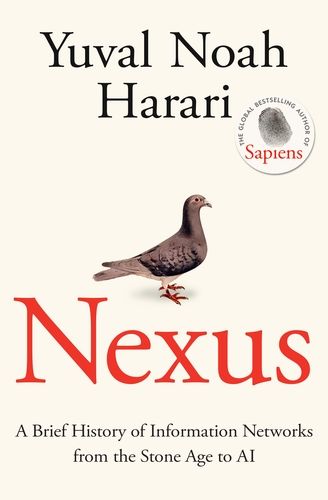
Medicine
Philosophy
Life
Being Mortal Book Summary
Atul Gawande
In "Being Mortal," surgeon Atul Gawande argues that medicine must shift its focus from simply extending life to enabling well-being, especially for the elderly and terminally ill, by helping patients and families courageously face mortality and define what matters most in their final days.
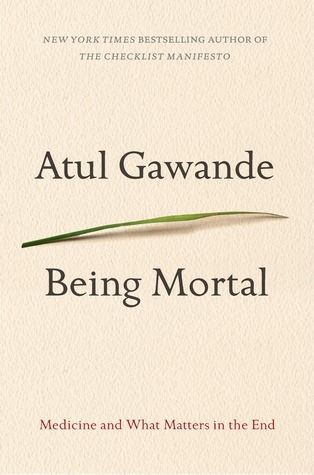
History
Politics
Philosophy
On Freedom Book Summary
Timothy Snyder
In "On Freedom," Timothy Snyder argues that true freedom is not simply the absence of barriers, but the positive presence of the conditions and capabilities that allow individuals to make meaningful choices, realized through the five interdependent forms of sovereignty, unpredictability, mobility, factuality, and solidarity.
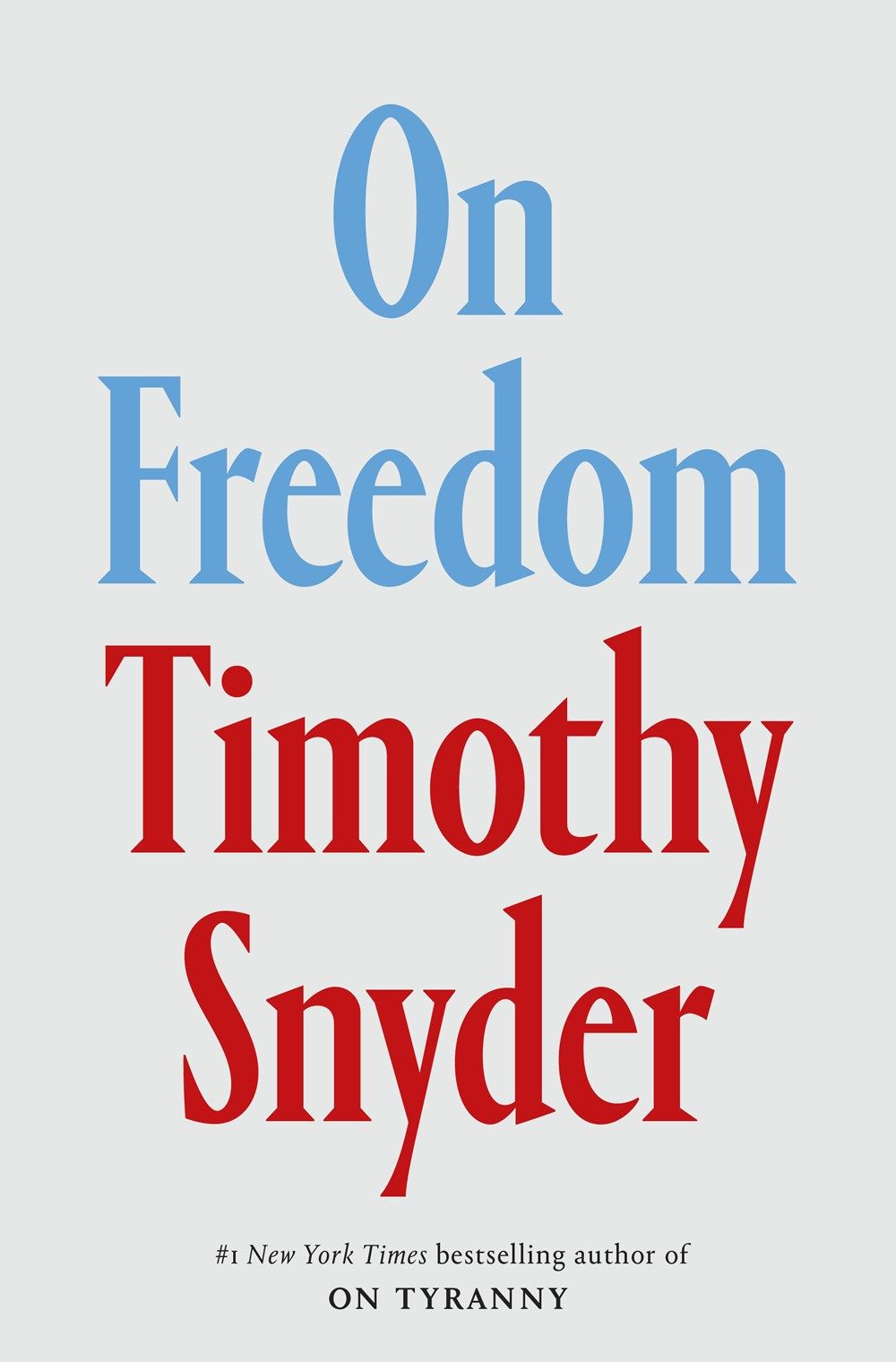
Productivity
Personal Development
Time Management
Philosophy
Essentialism Book Summary
Greg McKeown
Essentialism is a disciplined, systematic approach for determining where our highest point of contribution lies, then making execution of those things almost effortless. By applying the principles of "less but better" to every area of our lives, we can channel our time, energy and effort toward accomplishing the vital few things that really matter.
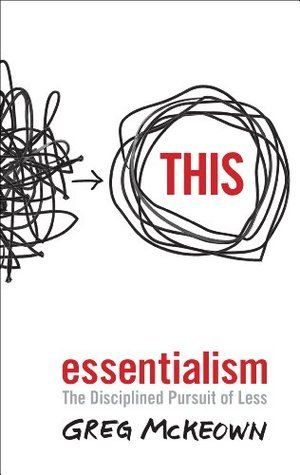
Productivity
Self-Help
Personal Development
Slow Productivity Book Summary
Cal Newport
In "Slow Productivity," Cal Newport argues that the key to producing meaningful knowledge work is rejecting busyness and distraction in favor of a more deliberate approach that prioritizes quality, focus, and a sustainable pace.
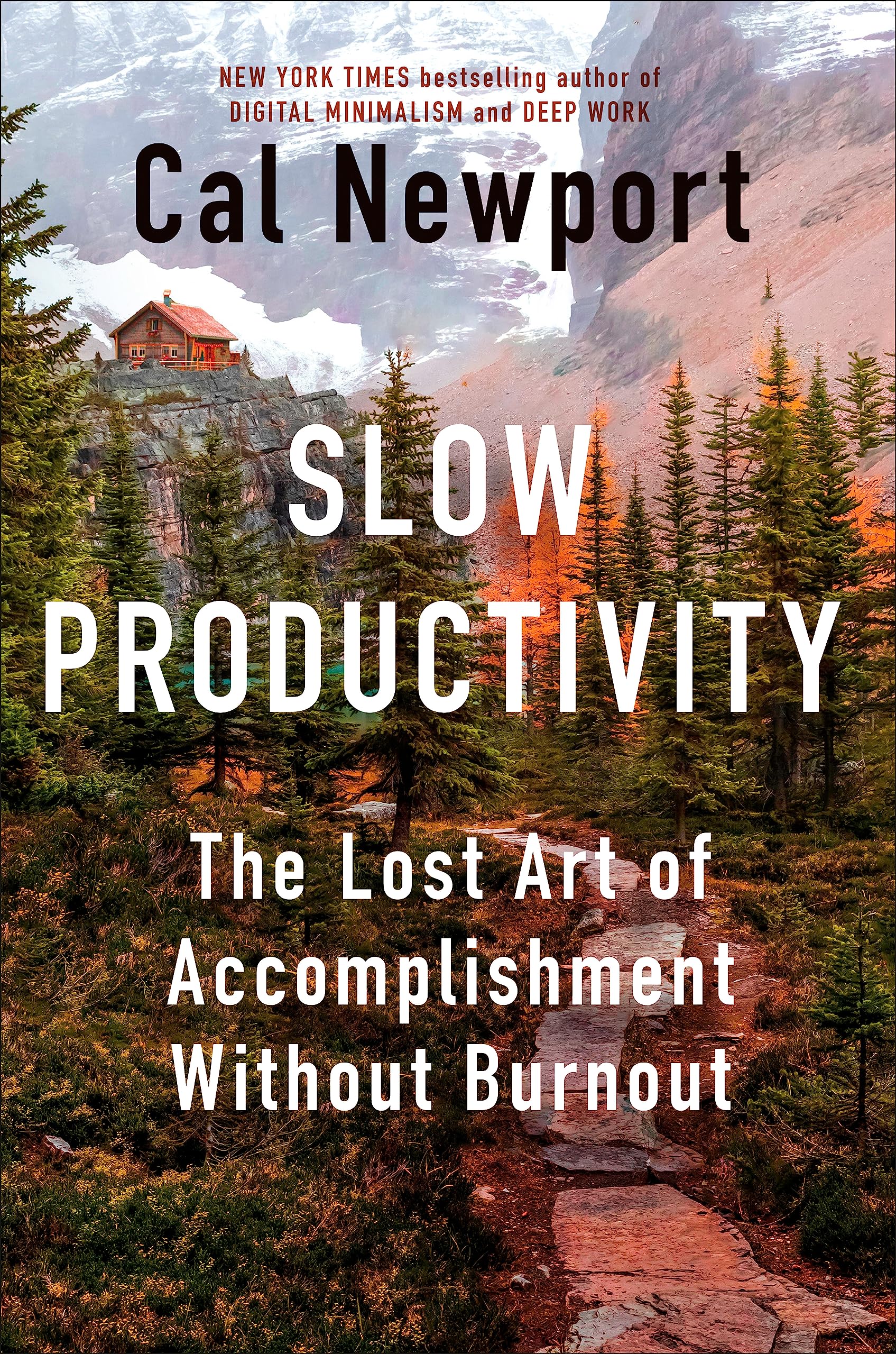
Philosophy
Science
Biology
The Selfish Gene Book Summary
Richard Dawkins
"The Selfish Gene" revolutionizes our understanding of evolution by arguing that genes, not individuals or species, are the fundamental units of natural selection, driving the behaviors and adaptations we observe in living organisms through their relentless pursuit of self-replication.
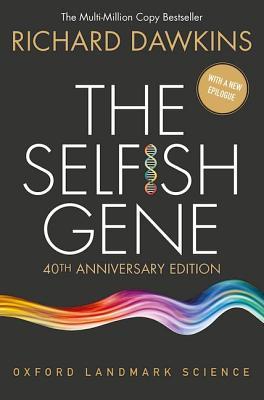
Philosophy
Personal Development
Leadership
Productivity
The Obstacle Is the Way Book Summary
Ryan Holiday
The Obstacle Is the Way presents a practical formula for overcoming life's challenges and achieving success by controlling perceptions, taking decisive action, and cultivating an indomitable will.
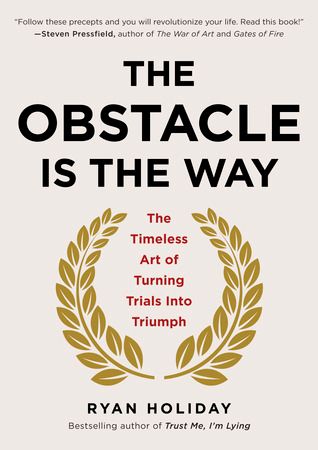
Mindfulness
Religion
Psychology
Science
Philosophy
Happiness
Why Buddhism Is True Book Summary
Robert Wright
Robert Wright explores how Buddhist teachings and meditation practices, particularly from the Vipassana tradition, align with findings from modern psychology and evolutionary theory to diagnose the human condition and provide a path to greater clarity, happiness, and moral progress.
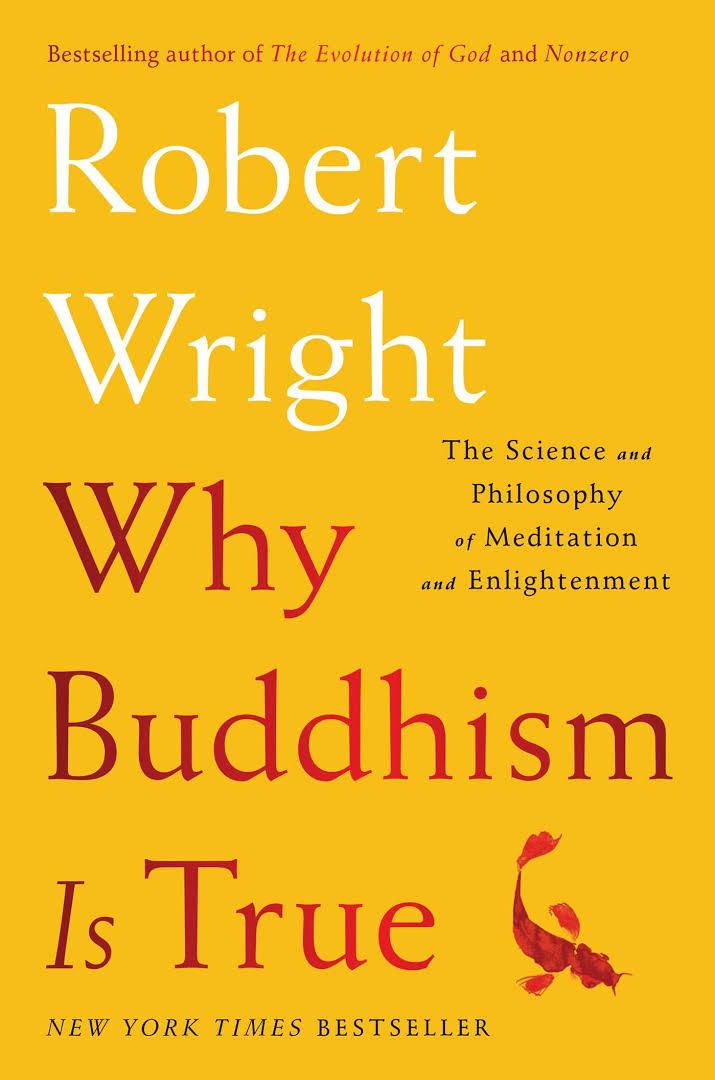
Happiness
Psychology
Philosophy
Personal Development
Meaning
The Happiness Hypothesis Book Summary
Jonathan Haidt
The Happiness Hypothesis is a thought-provoking exploration of ancient wisdom and modern science that reveals the true sources of human flourishing - love, work, virtue, and the harmony between our divided selves and our social world.
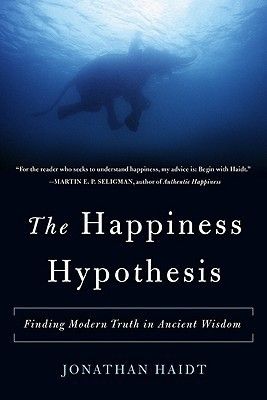
Philosophy
Personal Development
Four Thousand Weeks Book Summary
Oliver Burkeman
"Four Thousand Weeks" offers a radical perspective on time management, urging us to abandon the futile quest for control and embrace our finite existence. By accepting our limitations and making conscious choices, we can discover a more meaningful and fulfilling way to spend our brief time on this planet.
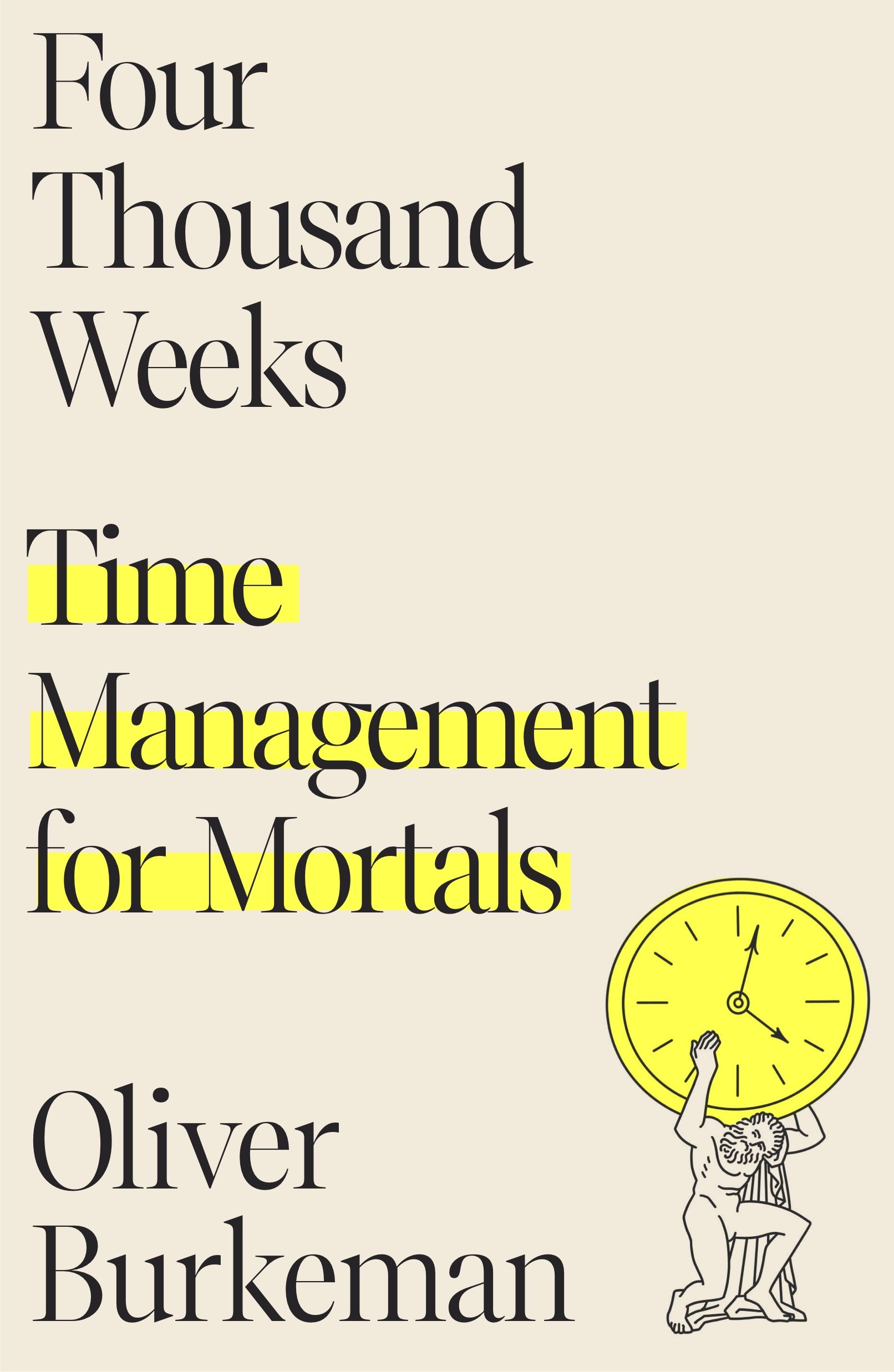
History
Politics
Philosophy
On Tyranny Book Summary
Timothy Snyder
In "On Tyranny," Timothy Snyder draws urgent lessons from the 20th century's bitter experience with tyranny to equip ordinary citizens today with the tools to recognize encroaching authoritarianism and fight back before it's too late.
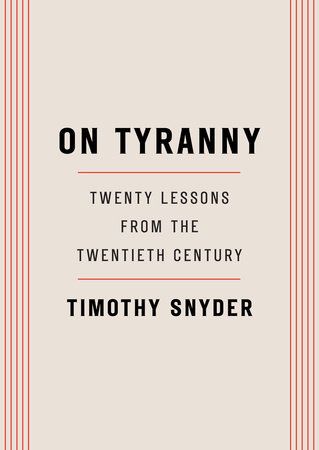
Psychology
Personal Development
Self-Help
Philosophy
The Subtle Art of Not Giving a F*ck Book Summary
Mark Manson
In "The Subtle Art of Not Giving a F*ck," Mark Manson argues that the key to a good life is not the pursuit of happiness, but rather the embrace of uncertainty, failure, and our own limitations - learning to care deeply about a few important things, and letting go of the rest.
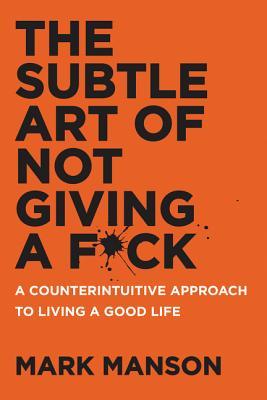
The Black Swan Book Summary
Nassim Nicholas Taleb
The Black Swan is about the extreme impact of rare and unpredictable outlier events, and how we tend to find simplistic explanations for them after the fact, making us blind to randomness and vulnerable to future Black Swans.
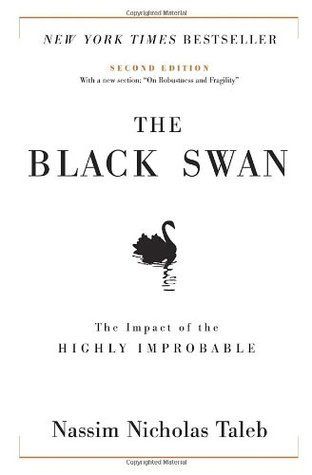
Personal Development
Philosophy
Everything is F*cked Book Summary
Mark Manson
In a world where everything seems fcked, Manson provides a provocative exploration of the human condition, offering a counterintuitive perspective on the nature of hope, the illusion of self-control, and the quest for meaning amongst uncertainty
